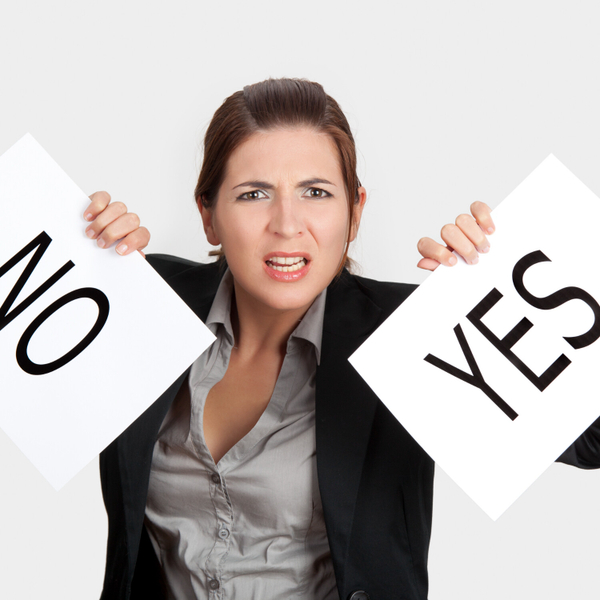
Why Do We Become People Pleasers
Merriam-Webster defines people, pleasers, as "a person who has an emotional need to please others often at the expense of his or her own needs or desires.
People-pleasing is a state of mind where individuals convince themselves that pleasing others is much more important than their own happiness.
While this may not sound that bad, ignoring your own needs for others can negatively impact your life - significantly.
Most people-pleasers know how bad it can be, so how did they end up doing it anyway?
People Pleasing Comes From an Unstable Childhood
The number one reason adults become people pleasers is that their needs weren't met as a kid. If you are raised in a home without a great parent, you may have begun people-pleasing as a matter of survival.
For example, people-pleasing is typical in an individual raised by a parent with mental illness. A child can't comprehend conditions like bipolar or depression. If the parent regularly took out their emotions on the child, the child became a people pleaser to avoid the parent's outbursts. This behaviour continues into adulthood.
People Pleasing Comes From Trauma
Not all people-pleasing comes from people who had a rough childhood. Instead, it comes from people who spent a long-time experiencing trauma that they never recognised or learned to overcome. For example, someone in an abusive relationship might become a people pleaser to avoid their partner's wrath.
Suppose the relationship continues for an extended period, which these relationships frequently do. In that case, people-pleasing becomes a habit that is tough to shake. This behaviour will often continue, even when the abusive relationship eventually - and thankfully - comes to an end.
While sometimes the origins of people-pleasing are dark, that isn't always the case.
People Pleasing is a Habit
Sometimes people-pleasing is just something you got used to. If you found out early in life that people-pleasing leads to good outcomes (making people happy, words of thanks, etc.), then, of course, you continue the behaviour.
Some people get so used to putting others first that they never learn to put themselves first. It can be hard to break past people-pleasing habits, even when they try.
People-Pleasing Is Easy
Sometimes people-pleasing is just more straightforward, and it's easier to give in than stand your ground.
But that is no way to live your life. Under the self-sacrifice, aphorism, "it is better to give than receive," is generally classed under the old metaphors and principles, to "devote our lives to the service of the greater good".
Therefore, it could be argued that societies are now based on voluntary agreements for mothers and fathers to care for children together. They are moral but not political by following a "conjugal society".
Affirmation List
- My needs are as important as anyone else's
- I need nobody's approval except my own
- I will achieve my dreams
- I refuse to apologise for who I am
- I respect myself
- My needs are as important as other peoples'
- My heart is good
- I will stop trying to please everyone apart from myself
- I can achieve whatever I set my mind to
- I am strong. I am kind. I am important
- I forgive myself
- I do not compare myself to others
- I welcome failures as learning opportunities
- I do not judge others, and I do not judge myself
Mental Health Training
More information in https://mentalhealthtraining.info/